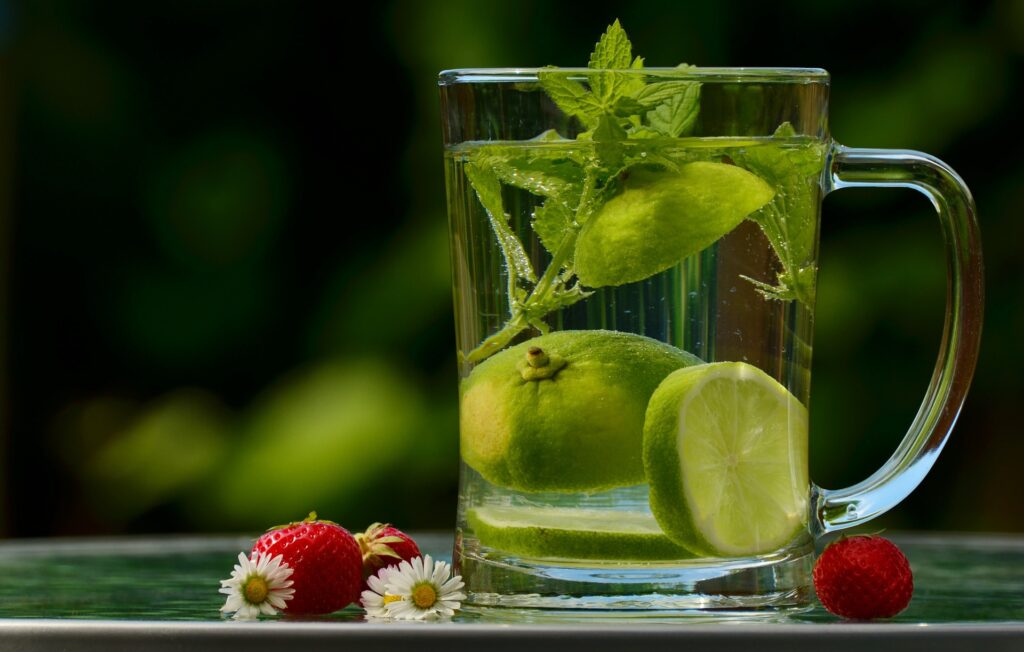Kidney Stones – Preventing and Managing Through Your Diet
Chances are you or someone you know has suffered from kidney stones in past, unfortunately of course! They are not nearly as uncommon as one would like – and generally when you have had them once, you are more susceptible to having them again.
Would you be surprised to know there are four (4) different types of kidney stones?
- Calcium Stones
- Struvite Stones
- Uric Acid Stones
- Cystine Stones
Why is this worth mentioning? Because, knowing the type of stone you have can help you manage and prevent kidney stones in future.
Calcium Stones
They types of stones are usually in the form of something called, calcium oxalate. Oxalate is a naturally occurring substance found in food and is also made by your liver, daily. Some fruits and vegetables, as well as nuts and chocolate, have high oxalate content. Dietary factors, high doses of vitamin D, intestinal bypass surgery and several metabolic disorders can increase the concentration of calcium or oxalate in urine.
Calcium stones may also occur in the form of calcium phosphate. This type of stone is more common in metabolic conditions.
Stuvite Stones
The Struvite stones form in response to an infection, such as a urinary tract infection. These stones can grow quickly and become quite large, sometimes with few symptoms or little warning.
Uric Acid Stones
These stones can form in people who don’t drink enough fluids or who lose too much fluid, those who eat a high-protein diet, and those who have gout. Certain genetic factors also may increase your risk of uric acid stones as well, including a family history of them.
Cystine Stones
These stones form in people with a hereditary disorder that causes the kidneys to excrete too much of certain amino acids (cystinuria) – probably among the most uncommon of the four (4) types.
What are the Risk Factors for Kidney Stones?
- Family or personal history. If someone in your family has kidney stones, you’re more likely to develop stones, too (sorry!) And if you’ve already had one or more kidney stones, you’re at increased risk of developing another.
- Dehydration. Not drinking enough water each day can increase your risk of kidney stones. So be mindful of this in the warmer months (or for those who live in a climate of warmth year round)
- Certain diets. Eating a diet that’s high in protein, sodium (salt) and sugar may increase your risk of some types of kidney stones. This is especially true with a high-sodium diet. Too much salt in your diet increases the amount of calcium your kidneys must filter and significantly increases your risk of kidney stones.
- Being obese. High body mass index (BMI), large waist size and weight gain have been linked to an increased risk of kidney stones.
- Digestive diseases and surgery. Gastric bypass surgery, inflammatory bowel disease or chronic diarrhea can cause changes in the digestive process that affect your absorption of calcium and water, increasing the levels of stone-forming substances in your urine.
- Other medical conditions. Diseases and conditions that may increase your risk of kidney stones include renal tubular acidosis, cystinuria, hyperparathyroidism, certain medications and some urinary tract infections.
Best Ways to Prevent Kidney Stones
Drink enough liquids
Ideally, water. We know that drinking water can help us in countless ways, and preventing kidney stones is right up there on that list.
In reference to the most common types of kidney stones, known as calcium stones, one might assume that calcium is the issue. That would be false. In fact, foods you should try to avoid when it comes to these types of stones are;
- Nuts and nut products
- Peanuts—which are legumes, not nuts, and are high in oxalate
- Rhubarb
- Spinach
- Wheat bran
Reduce Sodium!
Almost, as important as drinking enough liquid. Be mindful of your sodium intake – not solely the extra you are adding to your food, but even the sodium found in the foods (especially processed ones) you are already consuming.
Limit Animal Protein
Eating animal protein may increase your chances of developing kidney stones.
A health care professional, dietician or nutritionist may suggest you limit eating animal protein, including;
- Beef, chicken, and pork, especially organ meats
- Eggs
- Fish and shellfish
- Milk, cheese, and other dairy products
[Reference: Taylor EN, Fung TT, Curhan GC. DASH-style diet associates with reduced risk for kidney stones. Journal of the American Society of Nephrology]
In 2014, researchers found that vegetarians were indeed at a lower risk of being hospitalized for kidney stones. Among meat-eaters, increasing meat intake is associated with a higher risk of developing kidney stones, whereas a high intake of fresh fruit, fiber, and magnesium may reduce the risk.
Considering plant protein more often, is worth looking at.
If you or someone you know, could benefit from a kitchen consult from us at Ki’s Kitchen – definitely send us a message and we are happy to make suggestions based on our style of cooking for disease prevention and management.
_________________________________________________________
Thank you so much for visiting! I hope you have found some valuable information, if so, I’d love to hear about it! Please feel free to share this post with anyone who might benefit, and comments are always welcomed and appreciated.
I look forward to connecting with you next time!
And be sure to check out why you should order your family’s next meal courtesy of Ki’s Kitchen

From our kitchen to yours,
Love + Peace
Kiran

